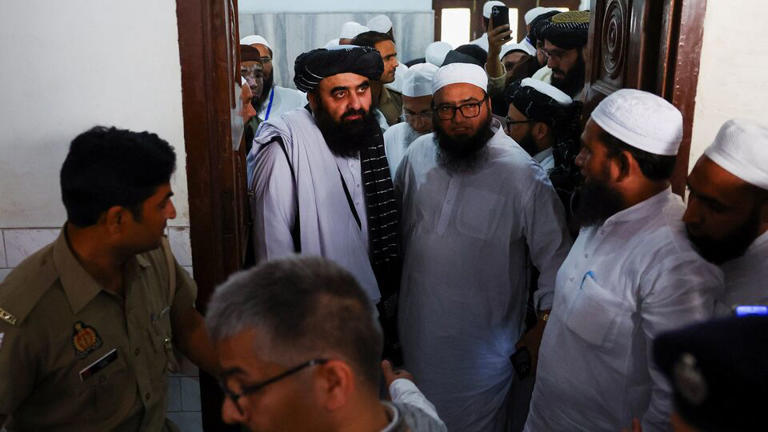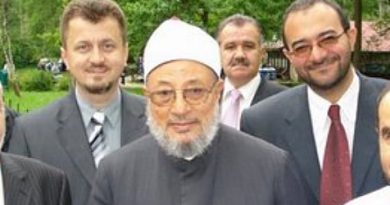Deoband’s Hug for the Taliban: What It Says About Faith and Fear
Deoband’s embrace of the Taliban foreign minister is dangerous — but also offers an opening.
Amir Khan Muttaqi, Foreign Minister of the Taliban-led government in Afghanistan and a senior figure in its political and ideological leadership, has recently completed a six-day visit to India — an episode loaded with meaning.
From his informal ban on female journalists, to the cancellation of his Agra leg, and his carefully choreographed stop at the Vivekananda Foundation. Yet, it is his visit to Dar ul Uloom Deoband, the theological heart of South Asian Deobandi Islam, that has invited sharpest scrutiny.
For years, Indian Muslims — particularly those aligned with the Deobandi school — have tried to draw a distinction between “their Islam,” described as democratic and egalitarian, and the Taliban’s brutal, patriarchal regime. Muttaqi’s pilgrimage to his ideological fountainhead has challenged that narrative.
When the Taliban’s foreign minister visits Deoband, and the seminary receives him with honor, it becomes almost impossible to sustain the claim that the Taliban are merely “misguided” Muslims. Why, then, should men who have subjugated women and silenced dissent be treated as heroes?
What emerges instead is a chilling recognition: the Taliban are not a deviation from Deobandi Islam according to the seminary, but one of its most literal political manifestations.
The confusion within India’s religiously-inclined Muslim intelligentsia over how to respond to this visit is telling — and repetitive. Some rush to rationalize it as “cultural diplomacy” or a gesture of goodwill in the national interest, strangely bringing the Muslim right and the Hindu right onto the same page.
Others recoil in discomfort but stop short of open criticism. Deoband’s endorsement of Muttaqi symbolically affirms the very doctrines that have justified gender apartheid, banned girls from education, and institutionalized moral policing across Afghanistan.
This moment is not merely about Afghanistan; it reflects a moral crisis within Indian muslims as well — a refusal to confront its own regressive solidarities under the pretext of religious kinship. The spectacle of Deoband greeting Muttaqi with reverence reveals the unbroken theological thread linking the 19th seminary to the taliban led theocratic governance.
Deoband’s embrace of the Taliban foreign minister is dangerous — but also offers an opening. If the Taliban truly draw their ideological legitimacy from Deoband, then Deoband carries a moral responsibility: to humanize that ideology, to insist that justice and compassion, not repression, define Islam.
The seminary has a proud history of standing against colonial injustice and for India’s freedom. Can it now stand for Afghan women denied education, or men imprisoned for thought?
If Dar ul Uloom Deoband wishes to remain relevant in a plural democracy, it must decide where it stands — with democracy, gender justice, and education, or with those who burn books, bury dissent, and blind the future of half their population.



